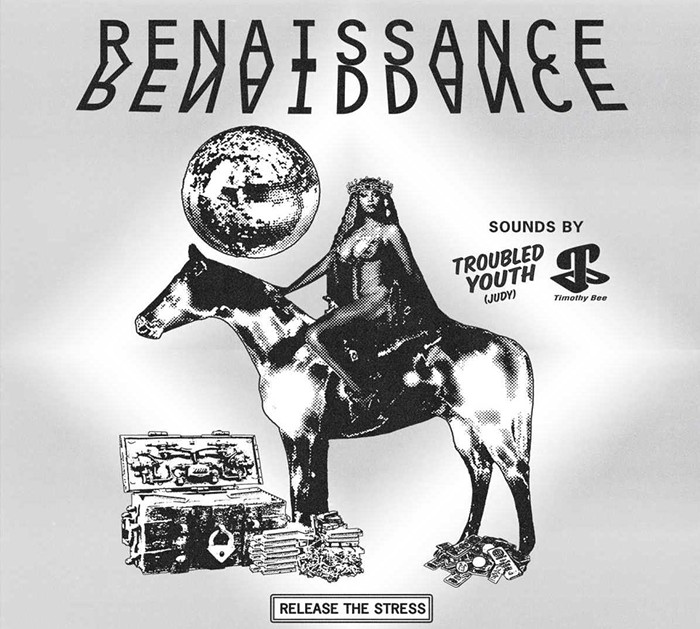If you need to pinpoint the exact moment the Summer of Love took hold—the pinnacle of flower power's bloom—you should look no further than the time in 1967 when the playful psychedelia of the Strawberry Alarm Clock topped the charts with "Incense and Peppermints," the hit single from the album of the same name. A song for the ages—one which has a newfound existence in modern films that try to sum up that influential summer using just a few notes of music—which captured a moment of time in which hippie optimism seemed like a viable solution, the Vietnam quagmire was avoidable, and a lone flower placed in a soldier's gun barrel could change the world. Of course none of that proved to be true; the war raged on, the hippies became Reaganite Republicans, and the Summer of Love now exists solely to peddle nostalgia and move units of the Time Life box set.
Lost in the tectonic plate shift of pop culture was the Strawberry Alarm Clock, who despite their best efforts will always remain trapped in time, forever the authors of the one song that signalled the apex of the free love moment. But, before the group was snuffed out due to poor—if not illegal—management, the Alarm Clock made a striking impact on musical culture. Few bands could be both cast in a Russ Meyer flick (the Roger Ebert-penned Beyond the Valley of the Dolls) and be part of the ultimate Southern rock anthem, "Sweet Home Alabama," a song co-written by Alarm Clock guitarist Ed King, who met (and eventually joined) Lynyrd Skynyrd after Ronnie Van Sant and company opened a show for the band.
The Strawberry Alarm Clock also ushered in a magical time in musical history, one where drugs were still considered to be a friendly, if not harmless, way to expand your musical palette and heighten the experience in the process. Long before the '60s turned dark, the drugs turned bad, and rock stars kicked off under the influence, the Alarm Clock represented a pure moment of good intentions. "At first it was a lot of fun, but then it got a little crazy," says drummer/vocalist Randy Seol. He adds, "In the end, I'm not too sure it was a great thing, but I thought for a brief time people really got to express themselves."
While other bands were determined to expand young minds with the power of their music, the Alarm Clock created bubblegum psychedelia that was somehow able to find a home on the pop charts, yet still sound just as good with a tab of acid resting firmly on your tongue. Their sunny California pop was wildly creative, bringing to mind the energy of Love's masterpiece, Forever Changes, in addition to flaunting the same playfulness as touring partners the Beach Boys.
While the sun originally set on the Alarm Clock at the tail end of the '60s, the band is reunited and ready to try it again. "We're working on our new album right now," says Seol. "We're having a great time playing together, and we're all high school friends, so everybody really respects and loves each other and what we play. Whether we do it because of money or whether it's because we like playing so much together—I'm not sure how it's going to end up at the end—but we've already got people talking about jobs for 2009." The Alarm Clock's upcoming appearance at Fuzzfest NW will be just one of a handful of dates the band has performed in the past 35 years, so there is no excuse not to be there, front and center, to witness one of the most fascinating, and overlooked, bands in rock history.


















